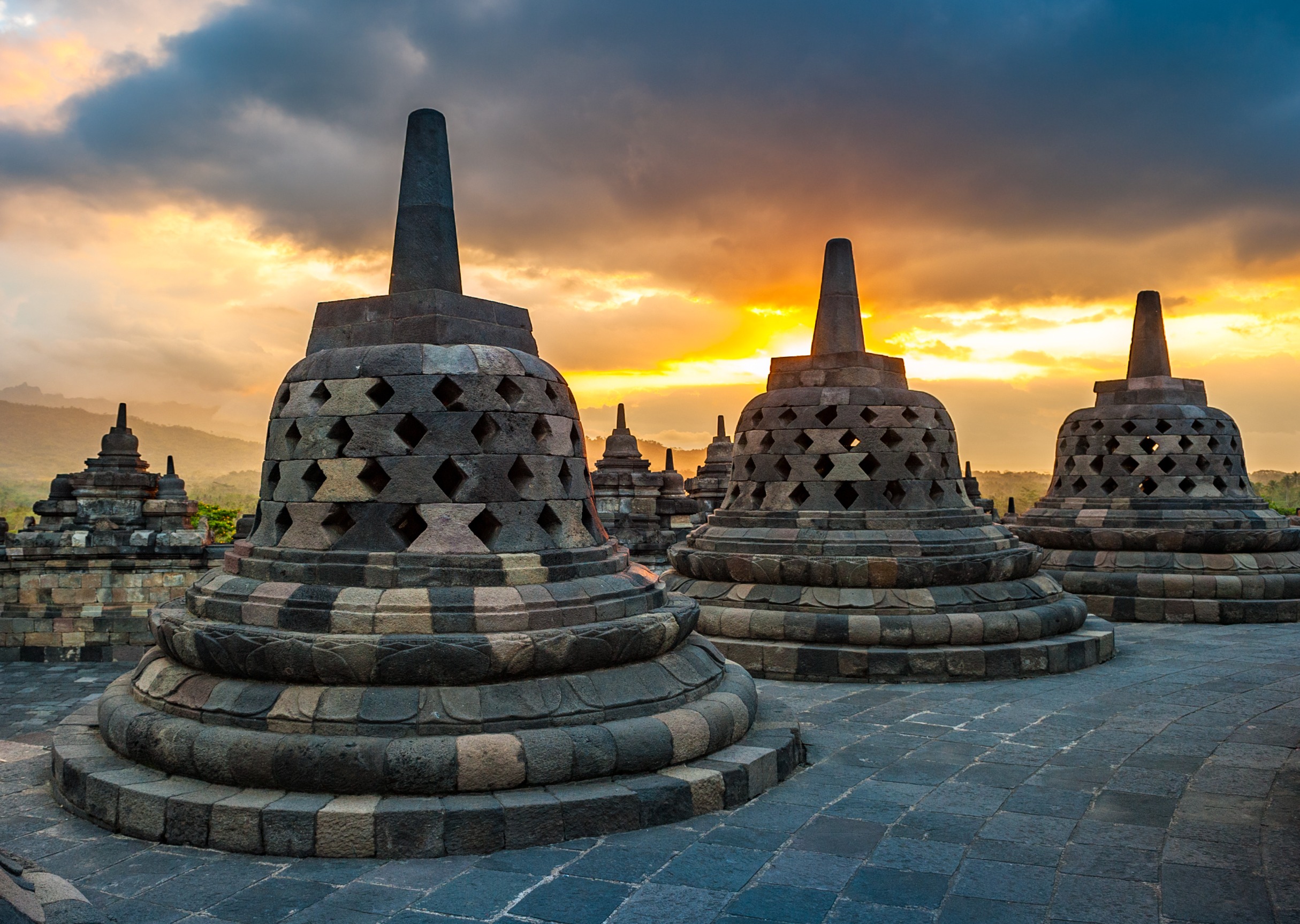Why did Japan invade Indonesia?

Why did Japan invade Indonesia?
The Japanese-occupied Dutch East Indies
Indonesia during the Japanese Occupation
The Japanese-occupied Dutch East Indies (now Indonesia), commonly known as the “Dutch Indies,” were occupied by the Empire of Japan during World War II from March 1942 to the end of the war in September 1945.
The Dutch East Indies, which had been a colony, surrendered on March 9, 1942, with little ability to resist the Japanese forces due to the occupation of the Dutch homeland by Nazi Germany. The Japanese government’s policy toward Indonesia was to obtain resources and labor from Indonesia, as it had been decided at the Imperial Conference in 1941 to “restore security, acquire resources as soon as possible, and provide local self-sufficiency for military units. The most important resource of all was oil.
Initially, Indonesians welcomed the Japanese troops as liberators from Dutch colonial rule, and Japan lifted the ban on the use of the name “Indonesia” in public, which had been prohibited by the Dutch-Indonesian government. However, the Indonesian national flag and the national song “Indonesia Raya” were banned. The Japanese military also announced a ban on associations, assemblies, political speech and actions, as well as the use of the national flag, similar to the Dutch ban, thereby betraying the expectations of the Indonesian people. The Japanese also imposed strict Japanese-style military discipline, imperialization, forced offerings of unhulled rice that led to famine, and hard labor known as “loamsha” on some Indonesians, which changed Indonesian sentiment toward Japan.
The Indonesian word “loamsha” is derived from the Japanese word “romusha” which means laborer but unlike the Japanese word “romusha,”, “loamsha” does not refer to mere labor, but to forced hard labor.
The reason why Japan invaded Indonesia
Japan invaded Indonesia mainly to secure oil for the war effort.
Japan’s main reason for invading Indonesia was to secure the oil it needed for the war effort.
Japan wanted to secure Indonesia’s oil, so it made various preparations just before the World War II started.
On November 20, 1941, half a month before the outbreak of the World War II, the Japanese government’s Imperial General Headquarters Liaison Conference formulated the “Guidelines for the Administration of the Occupied Southern Territories,” in which the so-called “Three Principles of Military Administration,” known as the “Basic Policies,” were decided.
As the title suggests, there were three principles and the most important of these three principles was the rapid acquisition of oil and other important resources.
The other two principles were the maintenance of security and local self-reliance. Thus, the main intention was the acquisition of resources, and the premise was the New Order in East Asia, as mentioned above. Simply put, the ambition of Japan’s leaders at the time was to acquire resources from Southeast Asia, then to wage war against Britain, the U.S., and China, and finally to create a Greater East Asia Co-prosperity Sphere.
When did Japan begin to consider expanding into Dutch East Indies?
It was when Japan was stuck in a war with China that Japan began to think concretely about expanding into Indonesia. At the time, Japan needed to expand its military, but at the same time, it was isolated internationally, with no goods coming in from abroad and no trade. To solve the deadlock and lack of goods in the Sino-Japanese war, Japan turned its attention to resource-rich Southeast Asia. There were many military resources there that Japan did not have. Japan decided to expand into the South because it had iron, coal, nickel, tungsten, and most importantly, petroleum.









